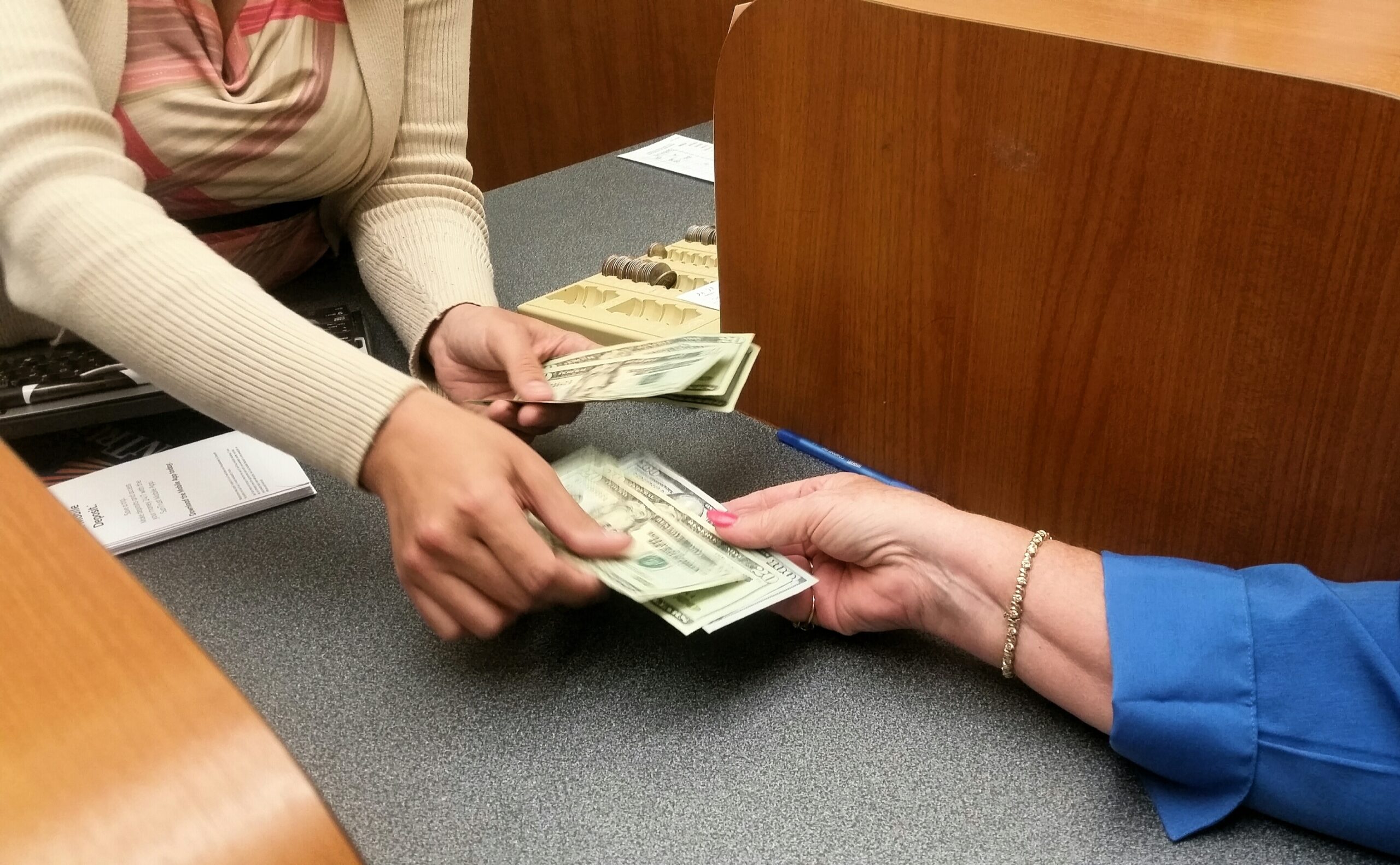Teens With Autism
Teaching Independence and Self-Advocacy
10 Tips for Building Self-Sufficiency
Teaching independence to a teen with autism is crucial for their personal growth, development, and overall well-being. Building self-sufficiency can help teens with autism acquire essential life skills, such as personal hygiene, cooking, cleaning, managing finances, and using public transportation. These skills enable them to navigate daily life more effectively and increase their self-sufficiency. Supporting a teen with autism in becoming self-sufficient and independent requires a thoughtful approach. Here are some strategies you can consider:

1.) Encourage Self-Advocacy
Help your teenager understand their strengths, challenges, and needs. Teach them to communicate their preferences and advocate for themselves. Encourage them to express their opinions and make decisions whenever possible.

2.) Develop Life Skills
Focus on teaching practical skills that promote independence, such as personal hygiene, cooking, cleaning, money management, and time management. Break down complex tasks into smaller steps and provide clear instructions and visual aids if needed.

3.) Foster Social Skills
Help your teenager develop social skills by organizing social activities, such as joining clubs, participating in group activities, or attending support groups for individuals with autism. Practice social interactions and problem-solving scenarios through role-playing and provide guidance on reading social cues.

4.) Build Executive Functioning Skills
Support your teenager in developing skills related to planning, organizing, and managing tasks independently. Encourage the use of calendars, to-do lists, and reminders to help with time management and task prioritization.

5.) Encourage Independence in Daily Routines
Gradually allow your teenager to take on more responsibilities in their daily routines. Encourage them to dress themselves, prepare meals, and manage their personal care with decreasing levels of assistance over time.


6.) Collaborate With Educators & Therapists
Work closely with your teenager’s teachers and therapists to create an individualized education plan (IEP) that addresses their specific needs and goals. Regularly communicate with the school to monitor progress and ensure consistency between home and school environments.

7.) Promote Self-Regulation
Help your teenager develop strategies to manage their emotions and sensory sensitivities. Teach them calming techniques such as deep breathing exercises, mindfulness, or engaging in activities they find soothing.

8.) Provide Opportunities for Community Involvement
Encourage your teenager to engage in activities within the community, such as volunteering, participating in recreational programs, or getting involved in local organizations. These experiences can help develop social connections and broaden their perspectives.

9.) Seek Vocational Training & Employment Support
Investigate vocational training programs and employment services that cater to individuals with autism. These programs can help your teenager develop job skills, provide job placement assistance, and offer ongoing support in the workplace.
10.) Foster a Supportive & Inclusive Environment
Create a nurturing and accepting home environment where your teenager feels safe to explore their interests, express themselves, and learn from their experiences. Celebrate their achievements, no matter how small, and provide constructive feedback when necessary.
Independence fosters self-advocacy skills, empowering individuals to express their needs, preferences, and opinions. By teaching teens with autism how to advocate for themselves, they can become active participants in decisions that affect their lives, leading to greater self-confidence and a sense of control. Learning to perform tasks independently provides a sense of accomplishment and boosts self-esteem. As they master new skills, they will gain confidence in their abilities and may develop a more positive outlook overall. Remember, each individual with autism is unique, so it’s important to tailor your approach to your teenager’s specific strengths and challenges. Be patient, persistent, and celebrate their progress along the way!
Guide Disclaimer
The information provided in this guide is intended to offer general guidance and support for parents, caregivers, and individuals interested in assisting teenagers with autism in navigating independence. However, it is important to note that every individual on the autism spectrum is unique, and their experiences and needs may vary. This guide does not replace professional advice or therapy from qualified healthcare providers or experts in the field of autism.


